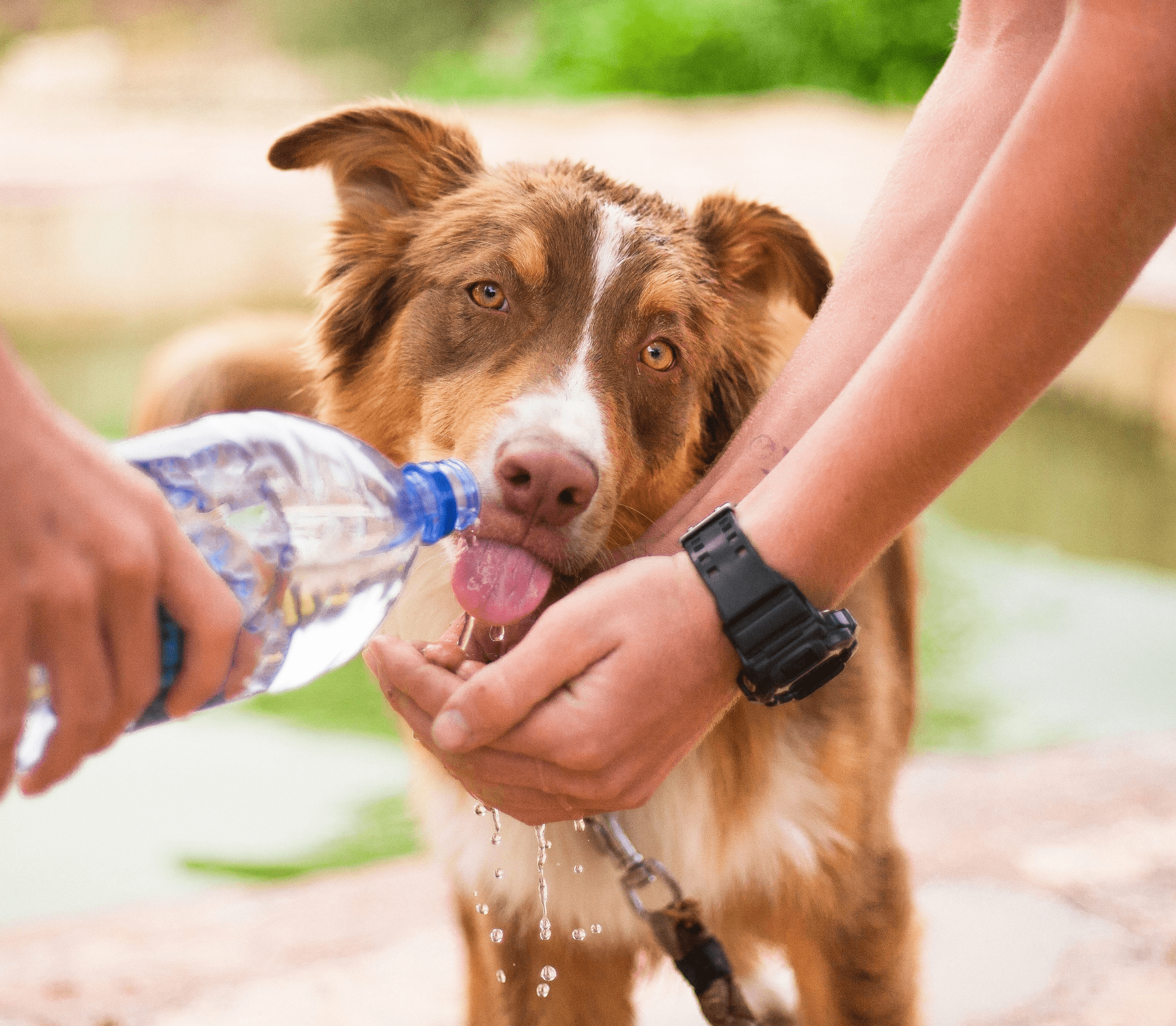Signs That Your Cat Isn't Feeling Well
Cats are pretty mysterious little furballs! However, not all of your pet’s quirks are harmless. One in particular can be quite dangerous. Kitties tend to try and hide signs of illness. This is an instinctive behavior, which stems from the fact that predators are often attracted to animals that show signs of weakness. You’ll need to pay close attention to Fluffy, and watch for signs that something is wrong. A Washington DC vet lists some things to look for in this article.
Hiding
This one may be tricky with kitties that are naturally shy: scaredy cats often seek out quiet, isolated spots by nature. However, if your furry friend just doesn’t want to socialize, and/or is more withdrawn than normal, she could be sick.
Poor Grooming
Fluffy is usually pretty diligent about keeping her pretty coat clean and soft. However, just like people, cats don’t always feel up to their regular beauty rituals when they are ill. If your feline pal’s coat seems greasy or matted, she may not be feeling well. Missing fur is another warning sign.
Vomiting/Diarrhea
An occasional bout of tummy trouble may just be ‘purr’ for the course with Fluffy. However, frequent issues are often a sign that there is something more serious going on.
Respiratory Issues
Fluffy should breathe smoothly and quietly … at least when she isn’t yelling at you to fill her bowl. Wheezing, gasping, coughing, and other breathing problems are huge red flags.
Lethargy
We know, some cats seem to view being lethargic as a life goal. However, even the laziest kitty should be awake and alert at least part of the time. If Fluffy seems to be spending all her time sleeping, she could have a medical issue.
Changes In Appetite/Thirst
Our feline overlords can be a bit fussy, but if Fluffy just doesn’t like what you put in her bowl, she should request— or demand—something else. A cat that just isn’t interested in food, however, could be sick. Increases or decreases in thirst are also warning signs.
Litterbox Woes
If your feline buddy is avoiding her litterbox or straining to go, contact your vet right away. These can be indications of serious problems! Changes in the amount, color, smell, or texture of her waste are also concerns.
As your Washington DC veterinary clinic, we’re here to help. Contact us anytime!



